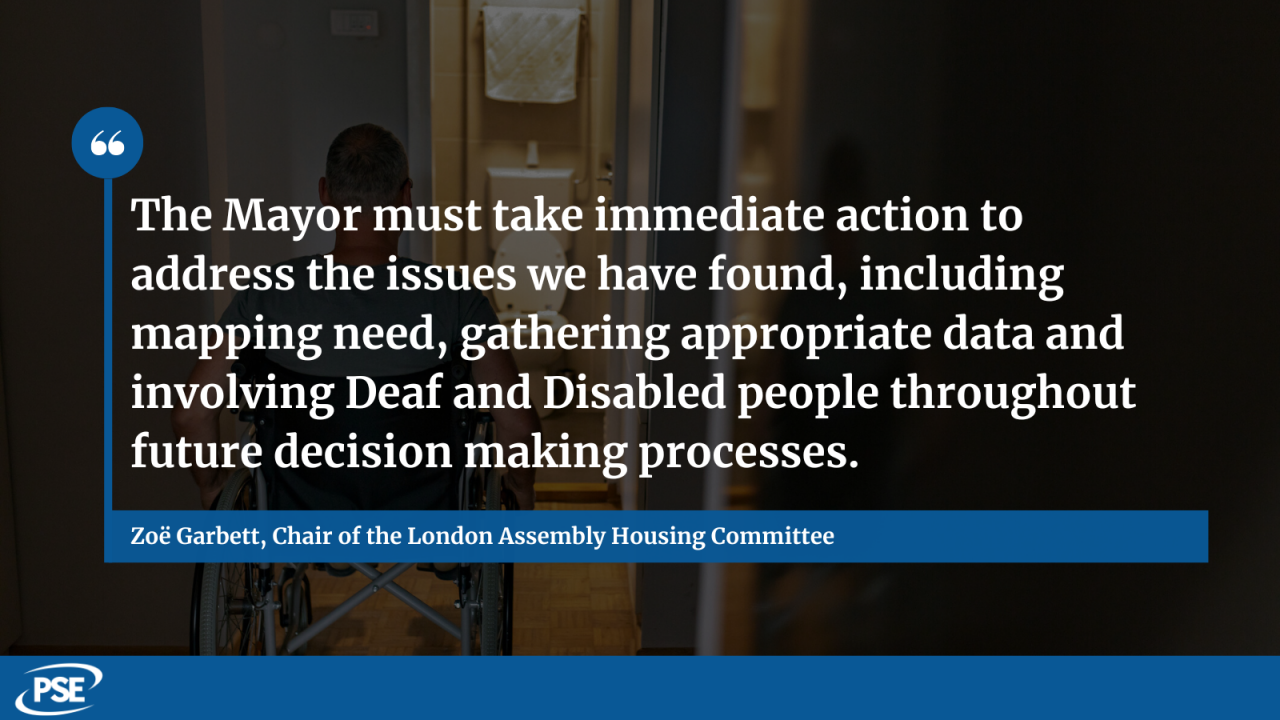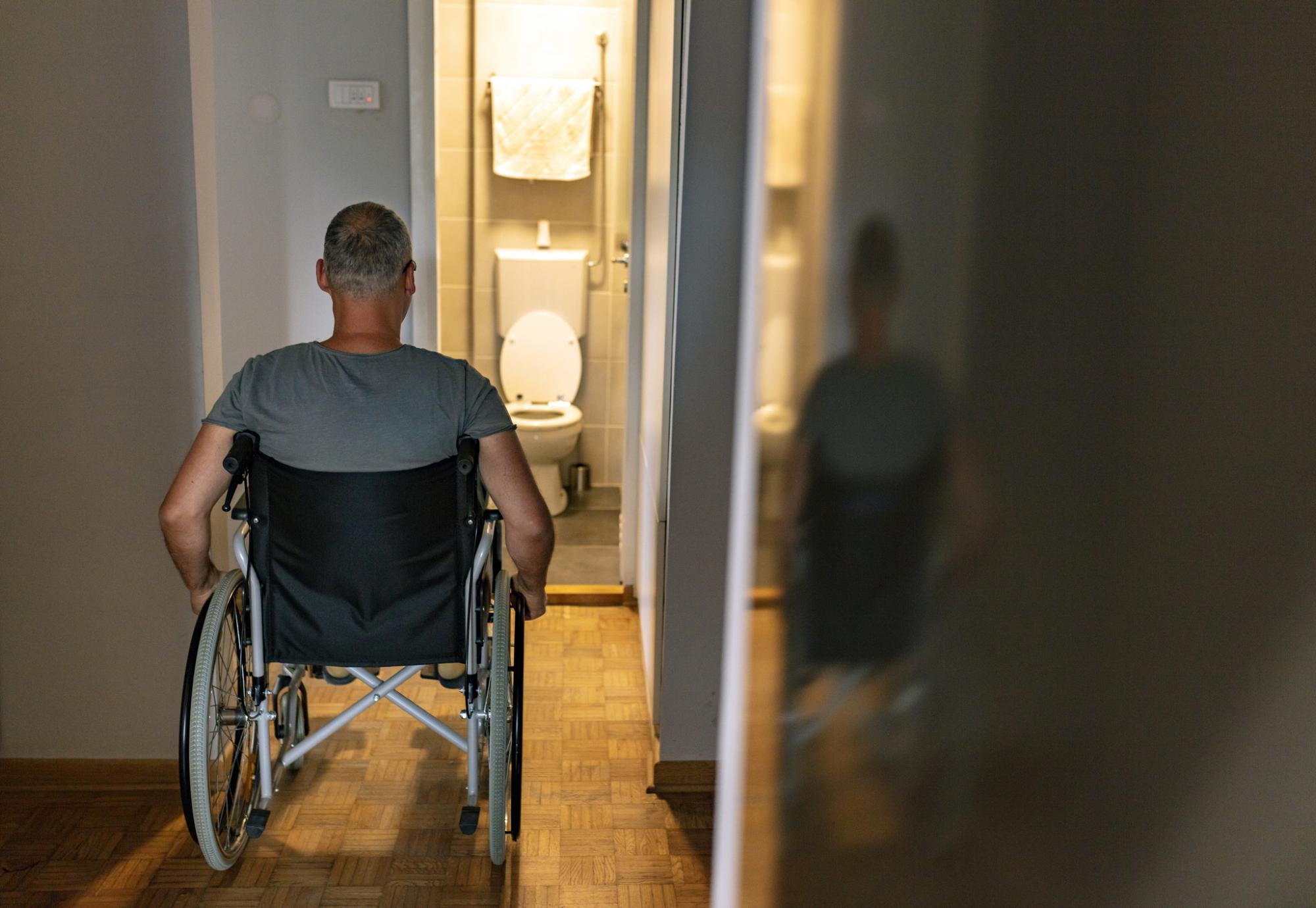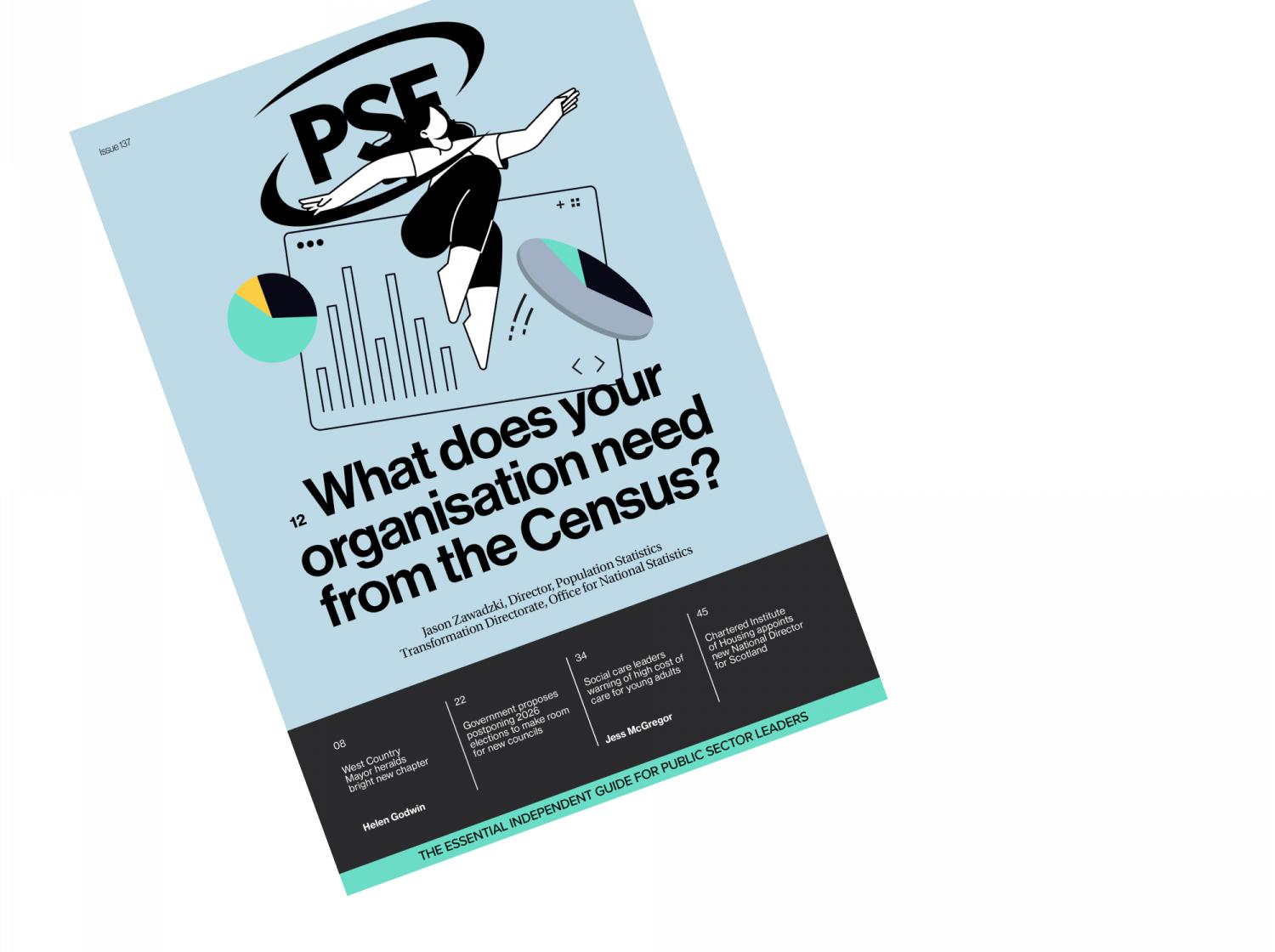The London Assembly Housing Committee has issued a stark warning to the Mayor of London, revealing that accessible and affordable housing remains the biggest challenge facing Disabled people in the capital. A new investigation highlights serious gaps in data, oversight, and delivery - leaving many residents in unsuitable and unsafe living conditions.
The Committee’s findings, published in a letter to the mayor, expose a lack of accountability and monitoring by the Greater London Authority (GLA), which is failing to ensure that accessible housing targets are being met under the London Plan.
The report includes harrowing real-life accounts:
- A Disabled man who tragically took his own life after nine months of unresolved housing complaints.
- A person placed in temporary accommodation without an accessible bathroom, unable to wash.
- A resident forced to wait for their partner to carry them up two flights of stairs due to inaccessible housing.
Despite widespread recognition of the shortage, the Committee found that no London-wide data exists on how many accessible homes are available, how many are affordable, or how many could be retrofitted. This lack of information makes it impossible to assess whether housing developments are meeting accessibility requirements.
Zoë Garbett, Chair of the London Assembly Housing Committee, commented:
“The chronic lack of suitable accessible homes is fundamental to our housing emergency – and the Committee has heard the devastating effects it is having on many Londoners’ lives.”
“But our investigation also shows this has not been treated as a priority by the mayor. We are in a position where we don’t know what accessible housing we need, how much we have, or how much we are building.”
“The mayor must take immediate action to address the issues we have found, including mapping need, gathering appropriate data and involving Deaf and Disabled people throughout future decision-making processes.”

Key recommendations include:
- A stronger focus on accessibility in the next Strategic Housing Market Assessment.
- Improved data collection on accessible home completions via the London Planning Datahub.
- A co-production approach to housing policy, involving Deaf and Disabled People’s Organisations (DDPOs) in decision-making.
- Increasing the proportion of homes built to wheelchair-accessible standards to reduce future adaptation costs.
The Committee is calling for urgent action to ensure that Disabled Londoners are no longer left behind in the capital’s housing strategy.
Image credit: iStock



















